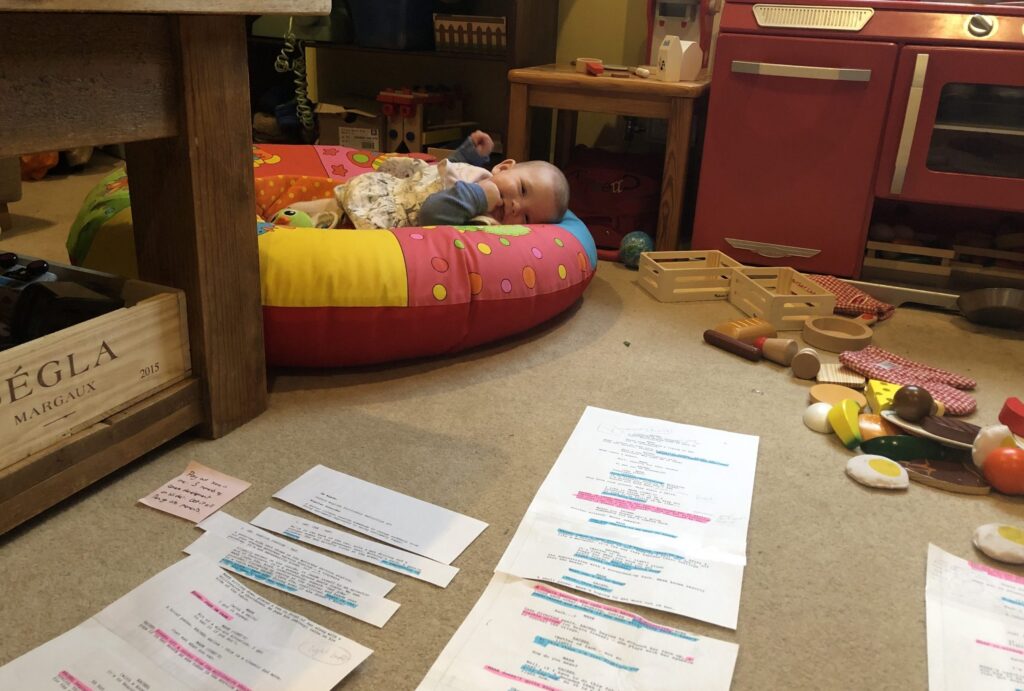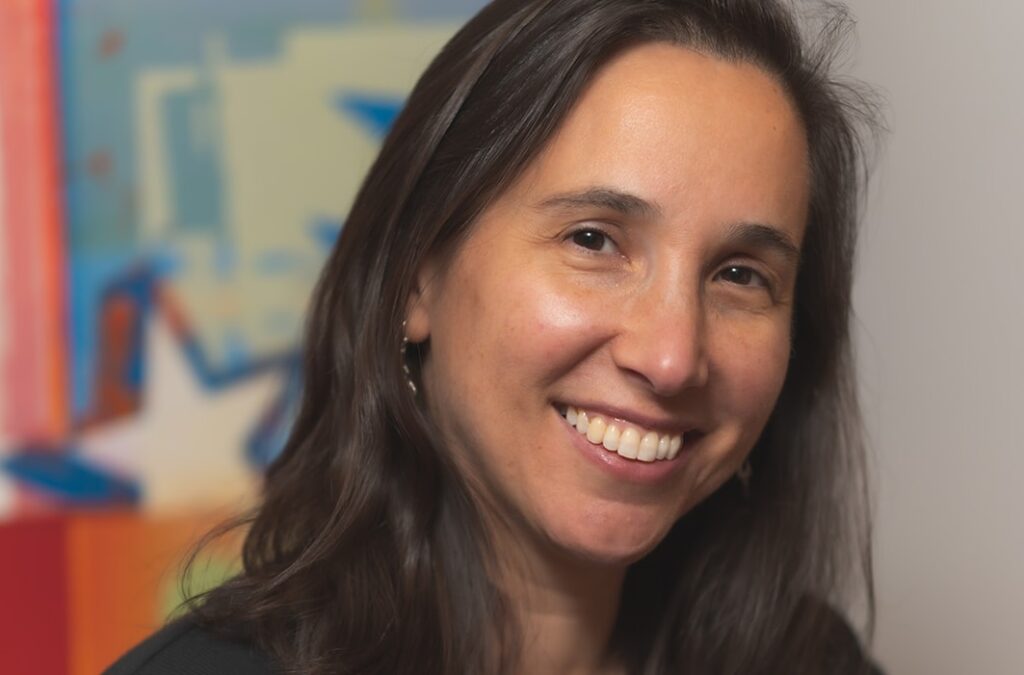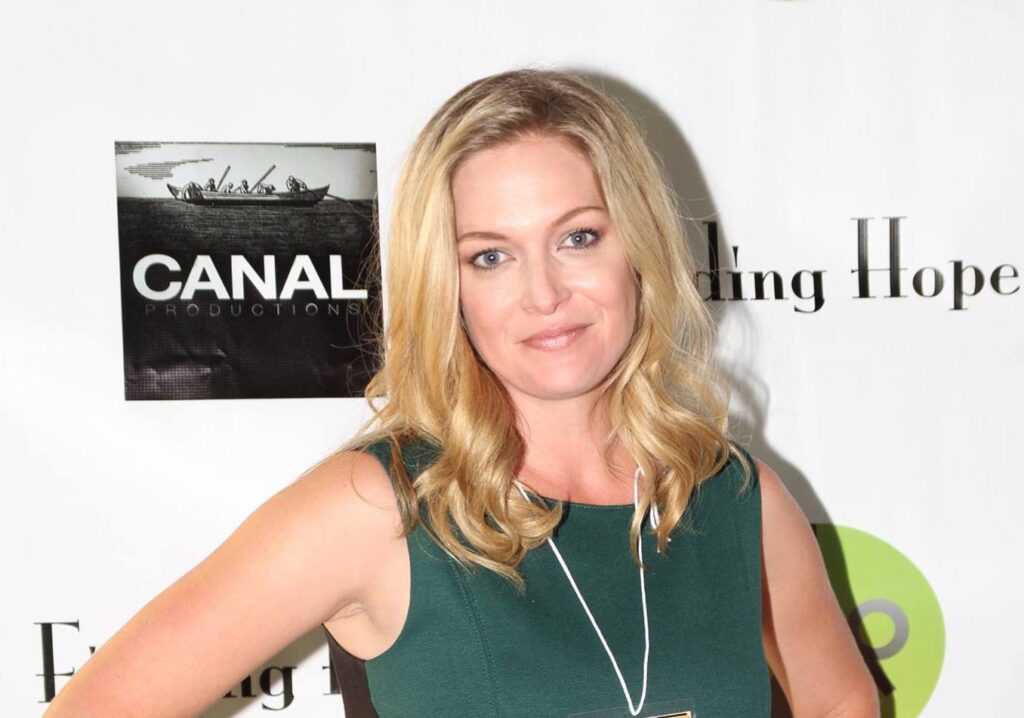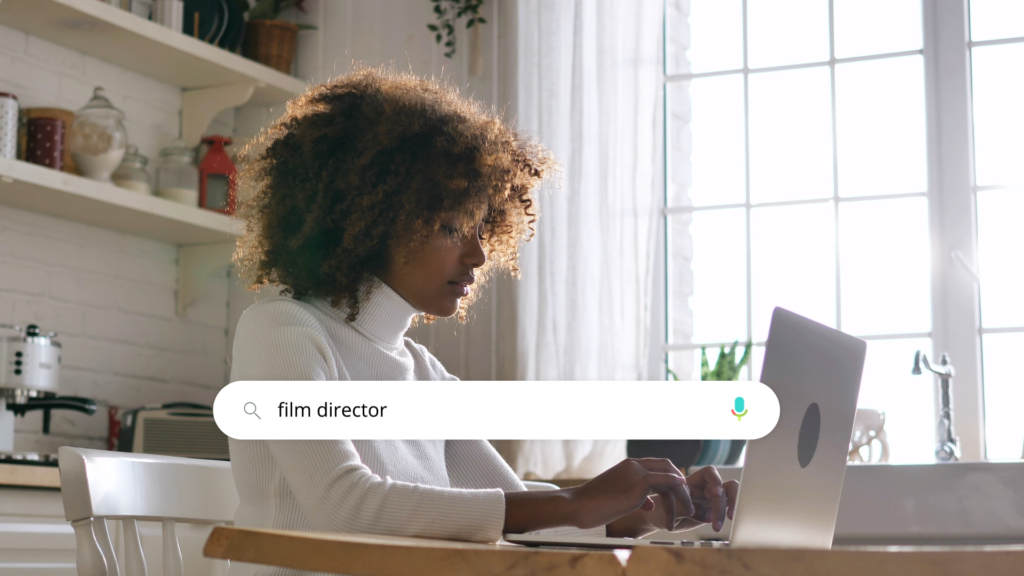By Raising Films
Even before the pandemic, people with caring and parenting responsibilities working in film and TV had to have the know-how when it came to managing remote and home-based working while looking after kids and sick parents or partners. And Raising Films, long before we all found ourselves working from home, has been calling on the U.K. screen sector to recognize the value, knowledge, and experience of its parent and carer members when it comes to creating a fairer, more inclusive working environment.
Over the last year, things have gotten harder for parents and carers and, at the same time, employers are more aware than ever of caring responsibilities. Is it possible we can draw on our strengths to reshape the industry? We asked our community.
“Back from the Brink,” our most recent piece of research, draws on in-depth conversations with workers across multiple roles from pre-production to exhibition, analyzed by our researcher Dr. Ania Ostrowska. These respondents were selected to be as representative as possible of nations and regions, screen sector roles, career seniority, and parent/carer status.
The key findings demonstrate the significant negative impact of COVID on the respondents’ household finances, working vs. caring arrangements, and mental health:
- Over half of parent/carer screen sector workers experienced a negative direct impact on household finances.
- While pre- and post-production, exhibition, and writing/directing provided some measure of adaptability, most parent/carer production workers experienced a negative direct impact on their working arrangements.
- Most parent/carer screen sector workers experienced a negative direct impact on their caring arrangements.
- All participants experienced a negative direct impact on their mental health.
There was consensus from participants who took part that the disproportionate impact of COVID-19 must provide an impetus to reflect on and change exclusionary working practices, based on the experience and knowledge gained during this difficult period, to fully recognize caregiving within employment policies and practices.
The last year has seen redundancies and loss of earnings and opportunities on an unprecedented scale. While everyone has been affected, there are clear signs that women have borne the brunt, and gender equality in the workplace is being rolled back.
Dolores, an assistant producer/producer-director referenced this in their response to our study: “The first opportunity that came up was in September, to go somewhere for two weeks, which I took happily. The next one was in October, but because traveling regulations meant quarantine I refused. So I’ve been basically being a mother.”
For the first time ever, the World Bank has included childcare provision as one of their measures of legal and economic gender equality, demonstrating its crucial role in an equitable workplace. While remote access provided opportunities for training and networking – our interview cohort all participated in a digital edition of Raising Films’ Making It Possible return-to-work training – access to employment has been less equitable.
As one of the respondents to the scoping study commented, “Any freelance work I’ve taken on has all been based around, ‘Can I do it around the children?’”
However, any rollout of flexible and remote working, for which parents, carers and disabled people have advocated for decades, cannot be accompanied by a rollback of equality, diversity, and inclusion. That will result in those who continue to need access the most benefiting the least, as redundancies and changes to employment exclude those seen as “the weakest link,” an anxiety borne out by recent employment studies, including by the Fawcett Society, the U.K.’s leading membership charity campaigning for gender equality and women’s rights.
Through the publication of “Back from the Brink” Raising Films is pushing for sustainable working methods not based in the culture of long hours and/or presenteeism. Instead, the U.K. screen sector needs to recognize the long-term viability of our newly developed, pandemic-led modes of work.
Raising Films community member Laura Scrivano, who worked on set between lockdowns in 2020, commented in a recent piece for Shots.net: “Look at how brilliantly the film industry has adopted COVID protocols, and how quick we have been to pivoting to a new way of working. If we can do that, then making small adjustments or considerations for new mothers on set is simple.”
Taking these now tried-and-tested practices forward, in consultation with those who need them most, would be a key move towards recognizing caregiving within employment policies and practices, to the benefit of all.
Will, a sound designer and composer who took part in the scoping study, commented, “As a parent and a carer, I hope that some of that culture will stay with us, rather than having to conform to ‘business as usual.’ If we can keep pushing to work in ways which are conducive to our lives and timetables, that would be great.”
This is what Raising Films has always been championing, with our mission to support, promote, and campaign for parents and carers in the U.K. screen sector.
At the end of “Back from the Brink,” we recommend some next steps that all organizations in the industry can take to make work better for everyone, including flexible working, and carer-friendly HR policies. Our next step is to dig deeper and learn more, with the hopes of carrying out a U.K. screen sector-wide survey focused on the solutions our community want and need.
If you have any ideas, we’re listening! After all, the WonderWorks crèche at Warner Bros. Studios Leavesden grew out of a Facebook message to Raising Films.
The U.K.-based Raising Films has a mission to support, promote, and campaign for parents and carers in the U.K. screen sector. Since 2015 Raising Films has been carrying out groundbreaking research, building an online community, running training programs, publishing resources, and awarding the Raising Films Ribbon for best practice.
Read the full “Back from the Brink” report here.







